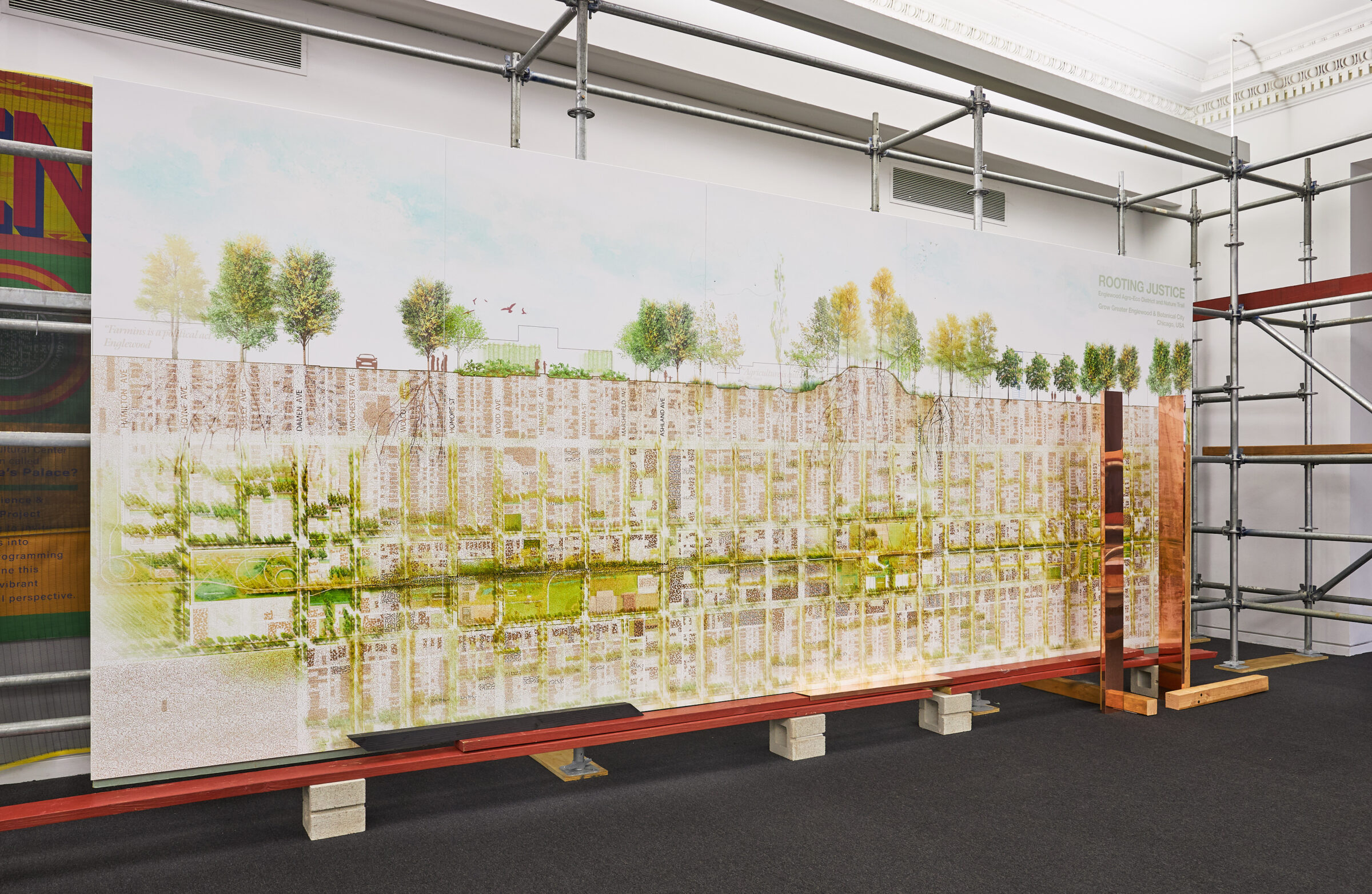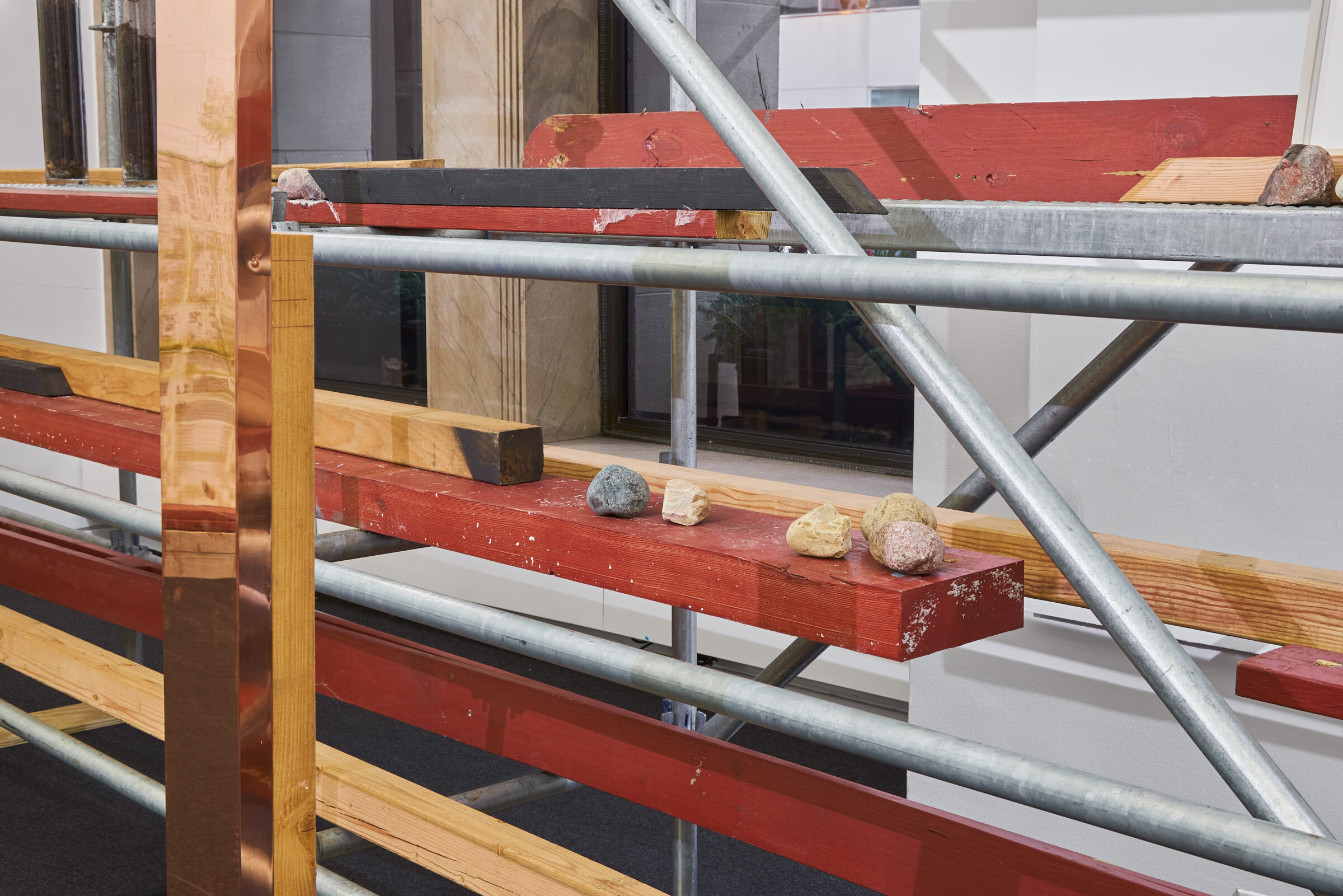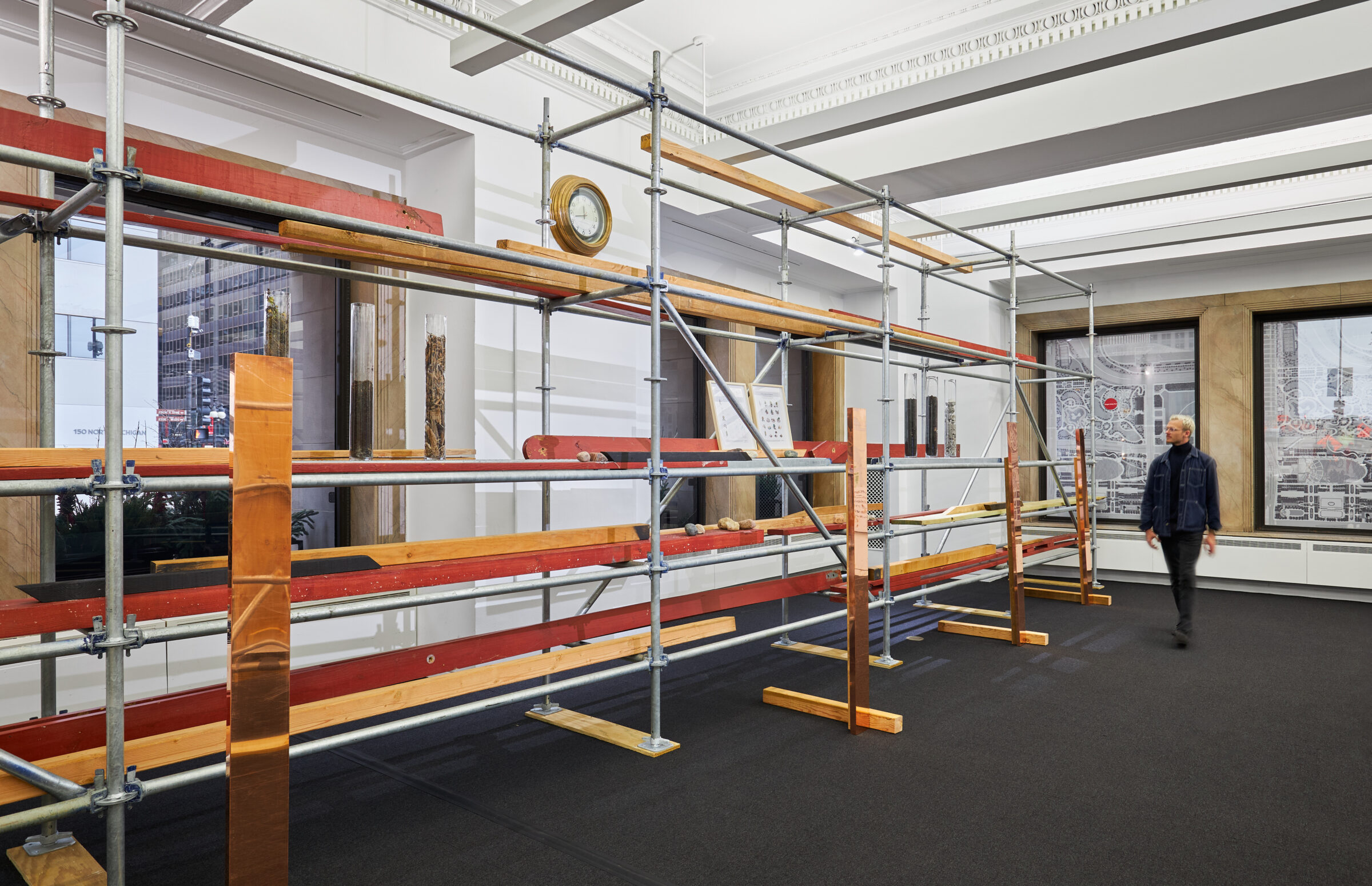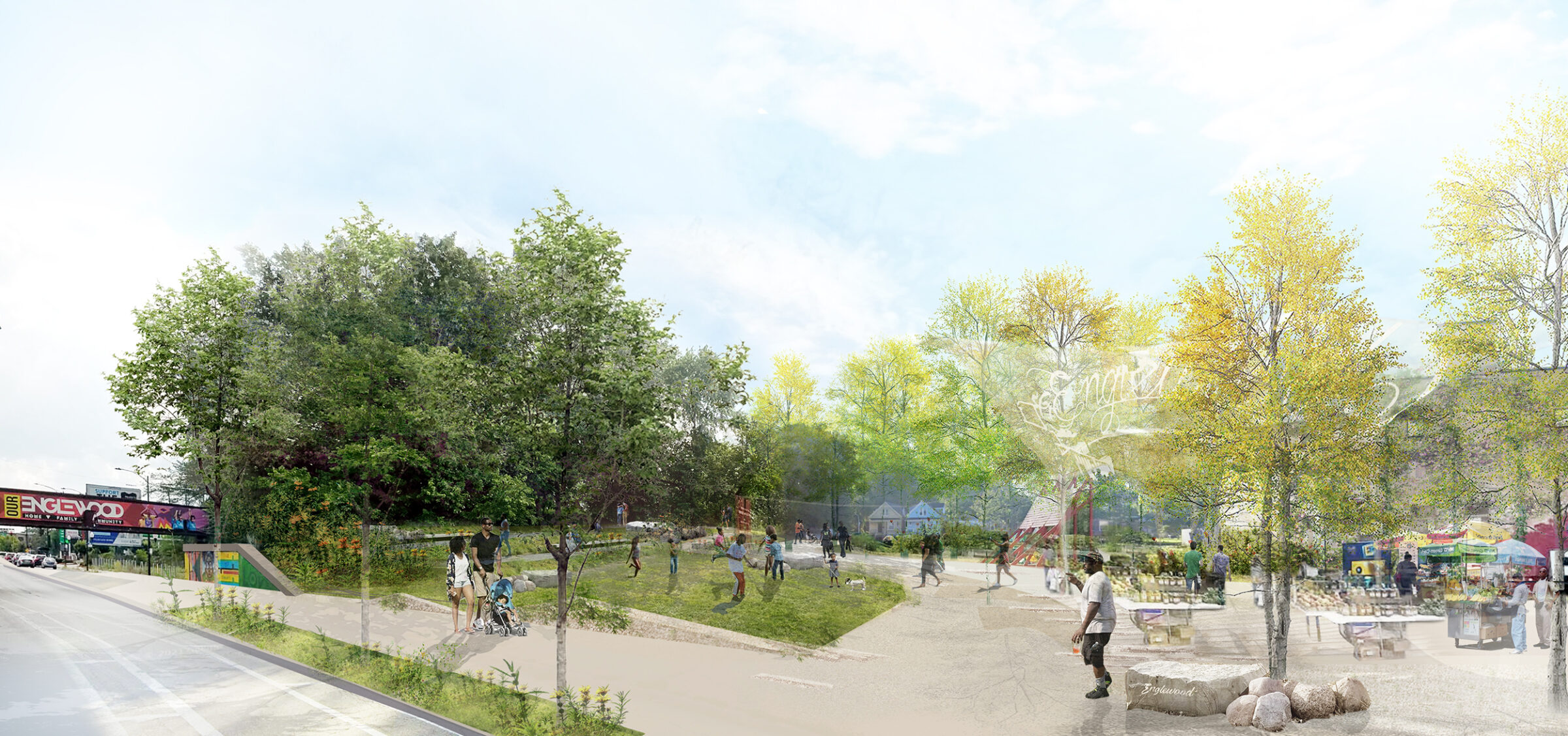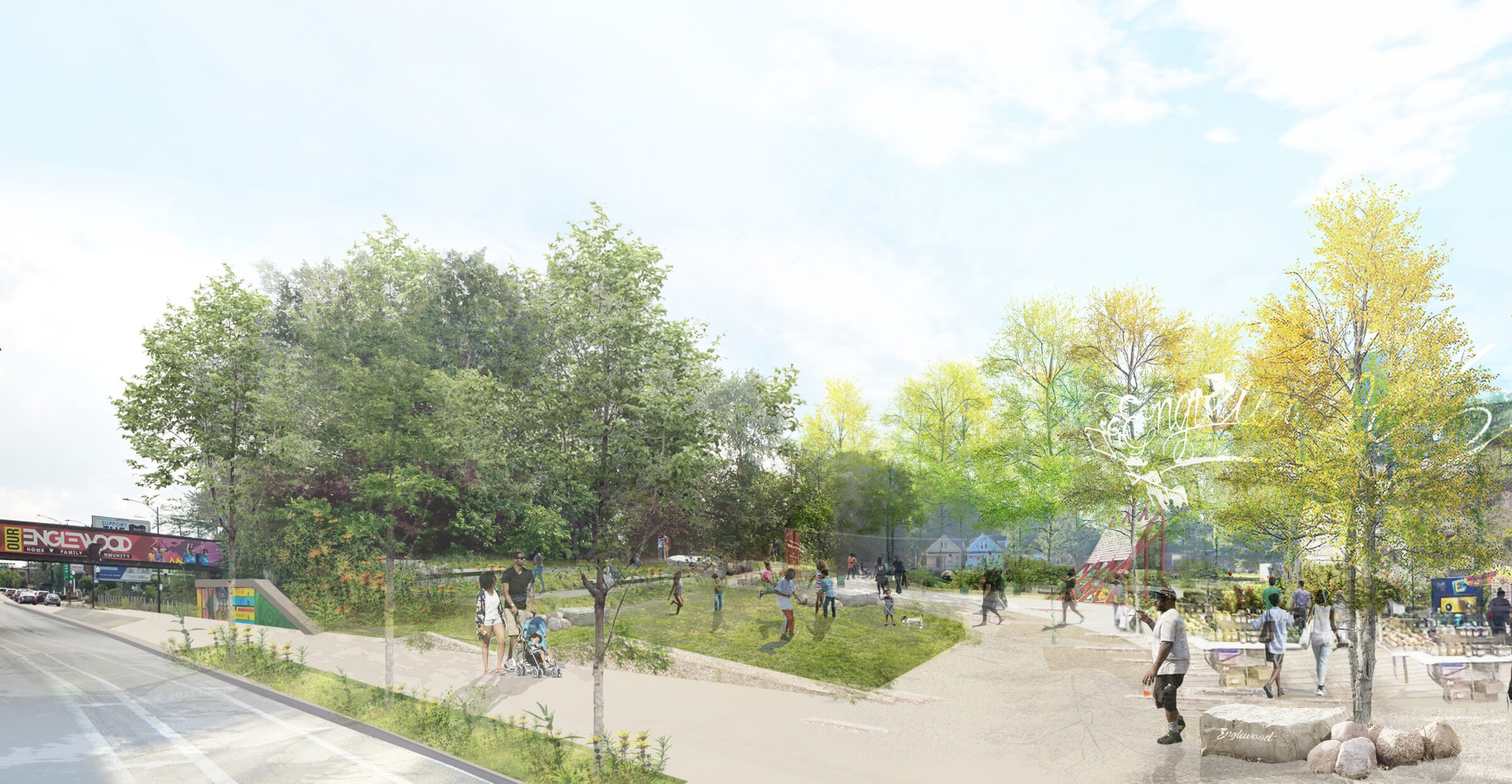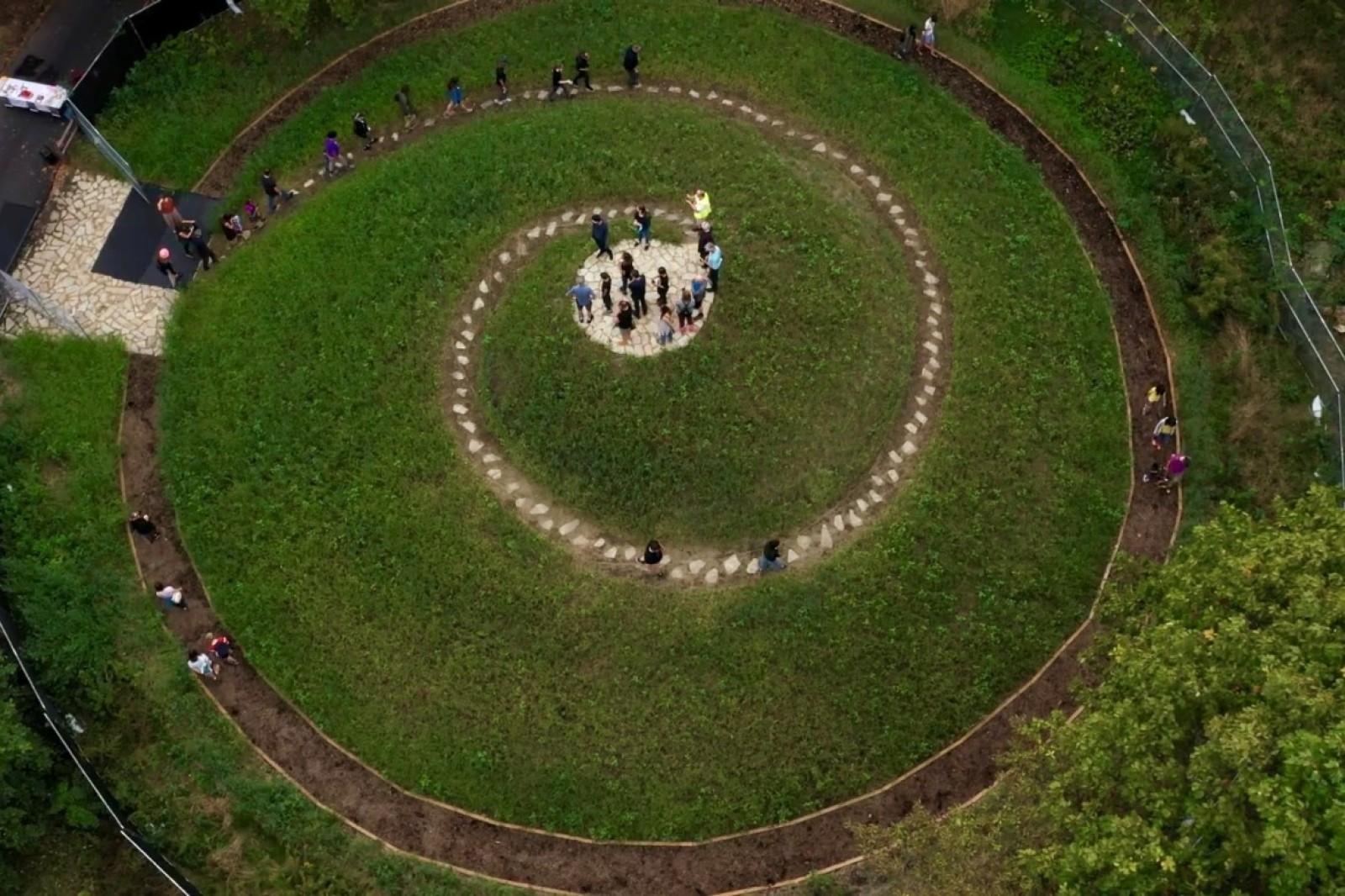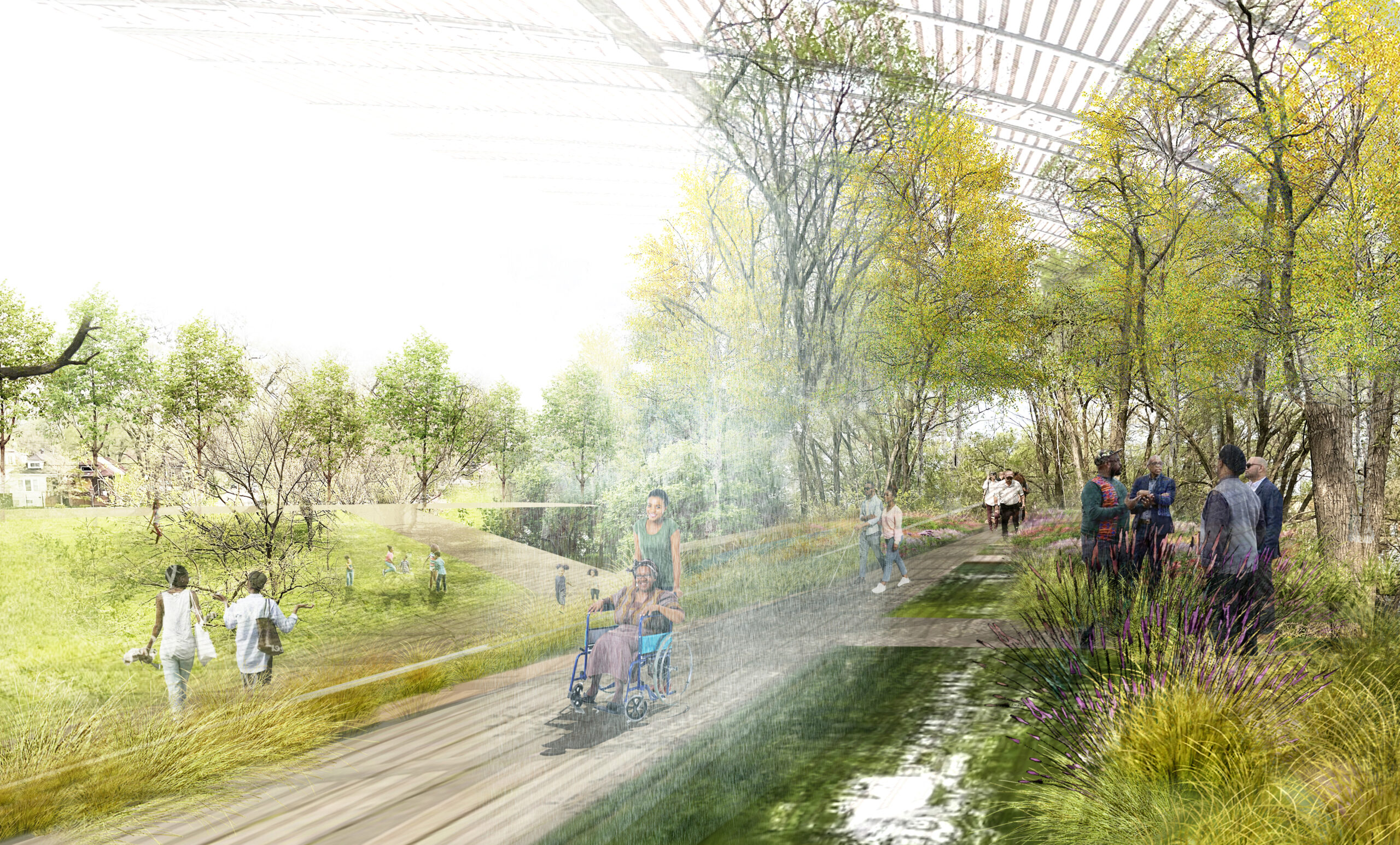BOTANICAL CITY
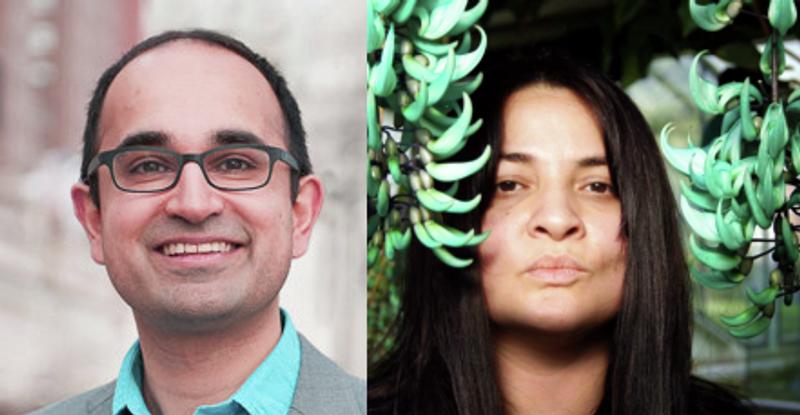
Chicago, United States & New York, United States
WebsiteBotanical City calls attention to endangered landscapes and preservation as transformation. We value and protect what you love. Our team works on new intersections between art and science through landscape design strategies that perform long-term creative processes. At Botanical City, we design, plant, educate and learn.Botanical City combines urban landscape designers and artists committed to preserving and transforming cultural landscapes as a long-lasting pedagogical experience to encourage culturally and environmentally healthy neighborhoods. The design approach centers on collectiveness through simultaneous research and design to work beyond oppositions between science, art, culture, and nature.Botanical City research and practice are rooted in three principles: Cities and landscapes are ancestral, alive, and constantly transformed. The work reflects on forms of connectivity across scales and time that focus on modus operandi rather than on strict morphological solutions.
CAB 5 Contribution
Project Overview
BioDiscordance
Chicago’s landscape is a testament to its industrial past, with abandoned train lines, empty buildings, and polluted land that perpetuates systemic inequities and disinvestment in African American and Hispanic neighborhoods. BioDiscordance focuses on the repurposing of the Englewood Trail, an abandoned train line that symbolizes long-standing issues of social inequality and environmental injustice. By bringing together diverse voices through immersive in-situ and ex-situ experiences and involving organic and inorganic materials, Botanical City invites participants to engage with the landscape on a sensory level. As participants touch, feel, smell, hear, and taste the landscape, they gain a depth of knowledge about plants, water, and contaminated soil. BioDiscordance tests new pedagogies as a living landscape school where learning promotes justice and equity and empowers all to become change agents in their communities.
Project Team: Maria Villalobos, Nilay Mistry, Anton Seals Jr., Melvin Henley, PAC Leaders, Amanda Soto, Chicago Metal Supply, Claudia Herasme, Diamatina Sanchez Feda Wardak, Genesis Ramirez, Johann Friedl, Jorge Mayorga, Mahmudur Rahman Urban Growers Collective, Will Basco
